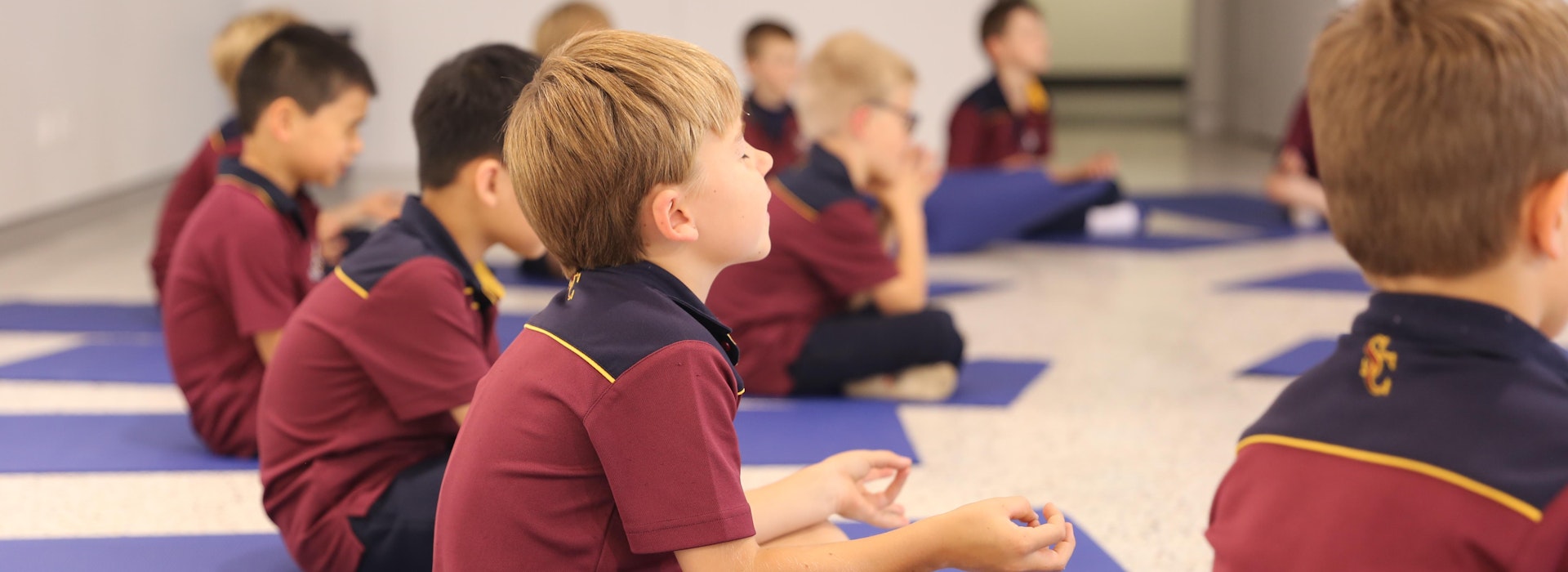
Bear with us... this page appears to be broken
It seems the page you are looking for is no longer with us. The link may be outdated or you may have mistyped the URL.
Please check the URL or try one of the links below. Think this might be an error? Let us know.
Useful links
Prospective parents
Current parents
- School portal (home.scotch)
- Sport (JPSSA/PSA Sport)
- Events
- Address
76 Shenton Road
Swanbourne
WA 6010
Campus Map
Contact Us
Main +61 8 9383 6800
Admissions +61 8 9383 6800
mail@scotch.wa.edu.au
8am–4pm, Monday to Friday
-
Admissions
College Tours
International Students
Scholarships
Regional Tours
Virtual Tour
Fees and Charges
Enrol Now
Book a Tour
-
Current Families
Term Dates
Home.Scotch
School Calendar
School App
Uniform Shop
Bus Services & Transport
Account Payments
Tour Payments